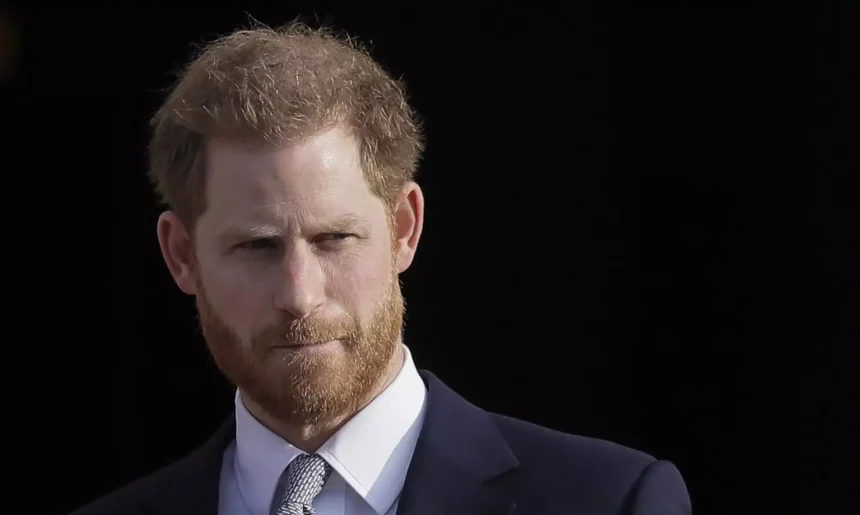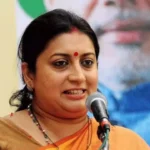Prince Harry has been awarded £140,600 by London’s High Court after it ruled that he was a victim of phone hacking and unlawful information gathering by Mirror Group Newspapers (MGN). The ruling comes as part of a broader legal action taken by Prince Harry and other claimants over allegations of phone hacking and unlawful data collection spanning the years 1991 to 2011.
The court found that Prince Harry’s phone had been hacked to a modest extent during the specified period. This decision sheds light on the invasive practices employed by certain media outlets and underscores the importance of protecting individuals’ privacy rights.
A spokesperson for Mirror Group Newspapers stated, “We welcome today’s judgment that gives the business the necessary clarity to move forward from events that took place many years ago.” This statement reflects the company’s acknowledgment of the need to address and rectify past wrongs.
The £140,600 awarded to Prince Harry serves as both a legal remedy and a symbolic gesture. It highlights the court’s commitment to holding media organizations accountable for unethical practices, sending a clear message that privacy breaches will not go unchecked.
The case has broader implications for media ethics and the boundaries between press freedom and individual privacy. As technology continues to evolve, the legal landscape must adapt to safeguard individuals from unauthorized access to their personal information.
About Prince Harry’s Decision:
Prince Harry’s decision to pursue legal action aligns with his ongoing efforts to protect his family’s privacy and combat the intrusive tactics of certain sections of the media. The ruling serves as a precedent for individuals who may consider legal recourse against similar privacy infringements.
While the judgment provides closure for Prince Harry and the other claimants involved, it also prompts a reflection on the evolving nature of media responsibility. Striking a balance between the public’s right to information and an individual’s right to privacy remains a challenge that requires ongoing legal scrutiny and ethical considerations.
The High Court’s ruling in favor of Prince Harry marks a significant moment in the fight against phone hacking and unlawful information gathering. It reaffirms the importance of upholding privacy rights in the face of evolving media practices and sets a precedent for holding media organizations accountable for their actions.






